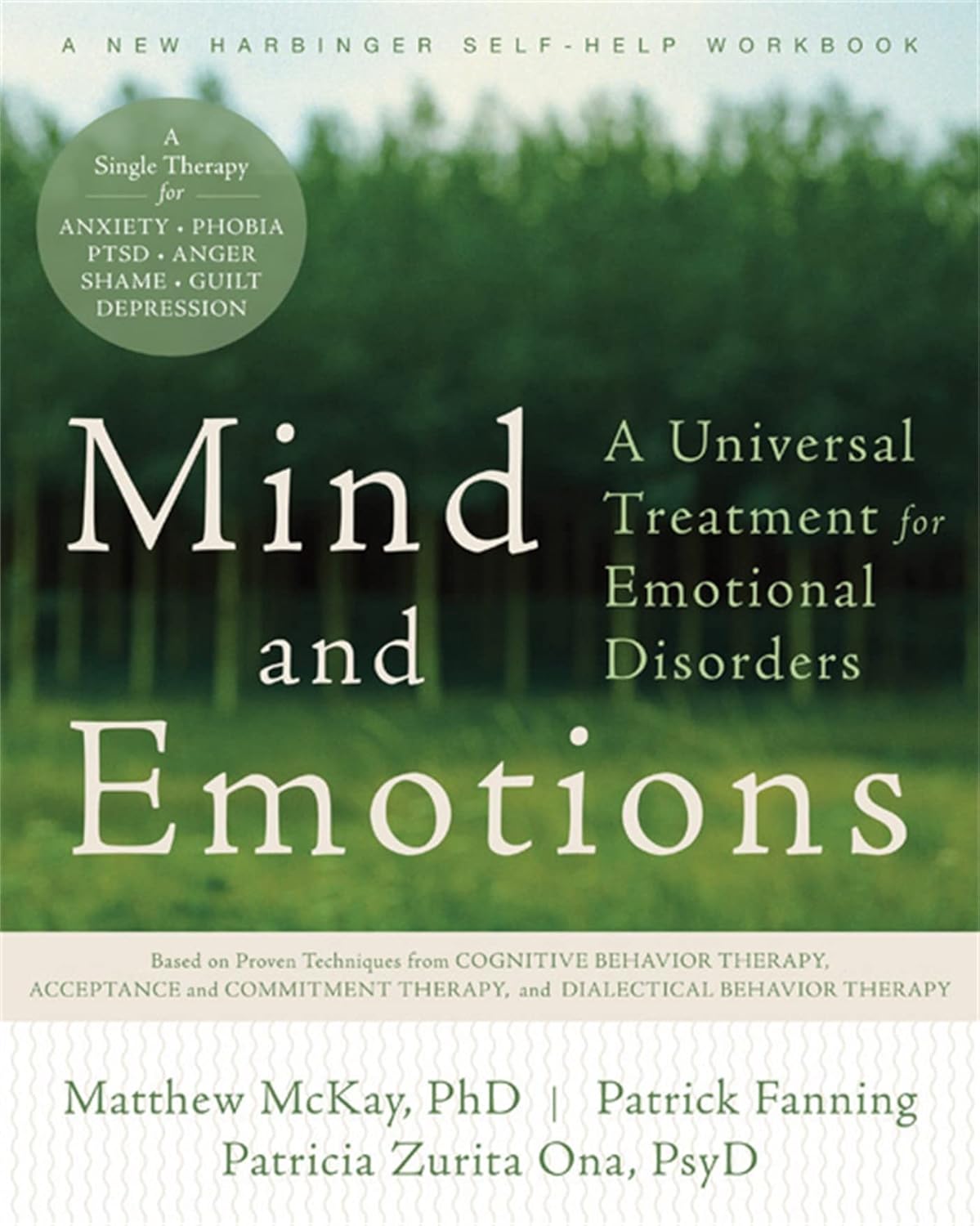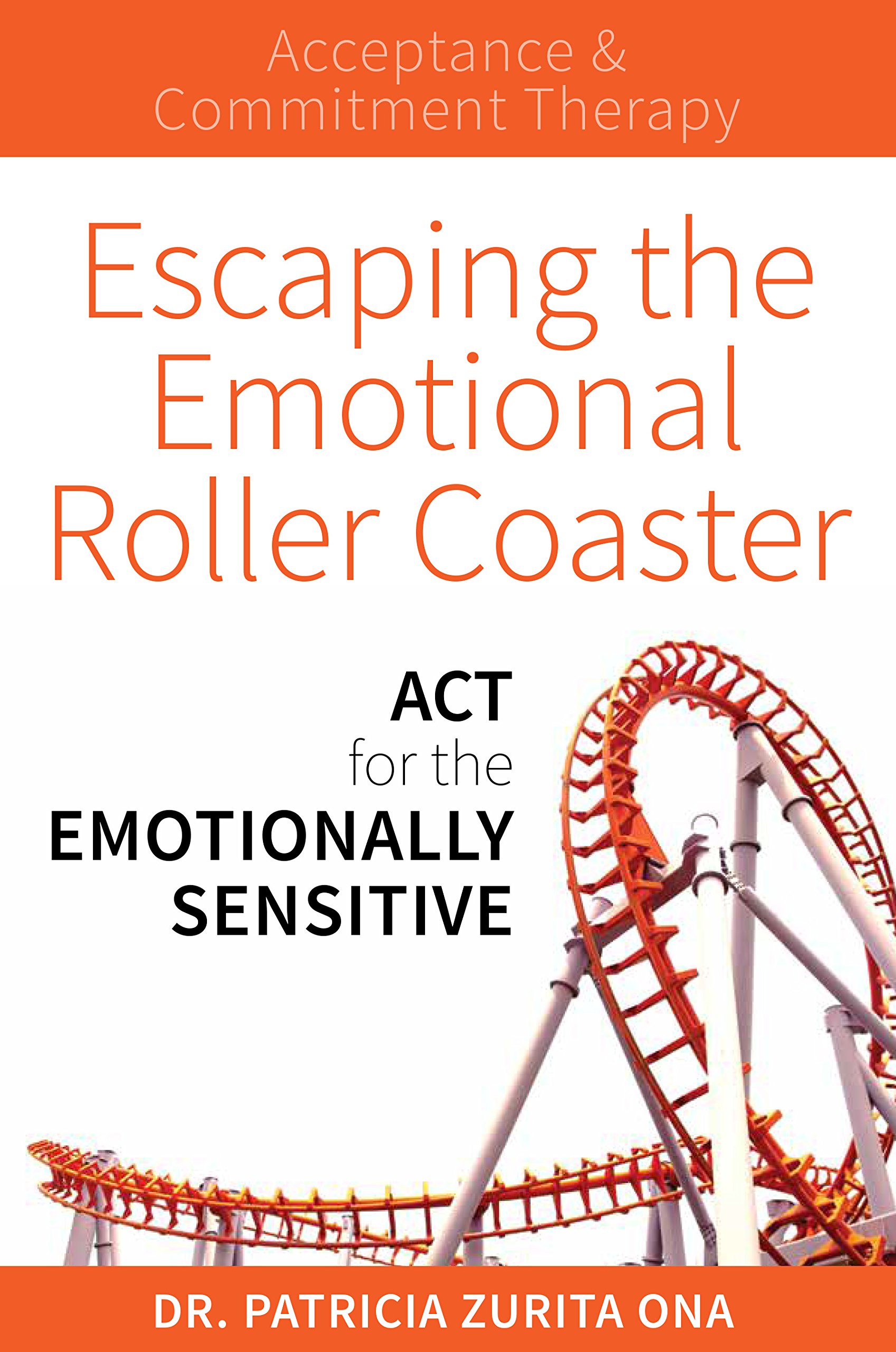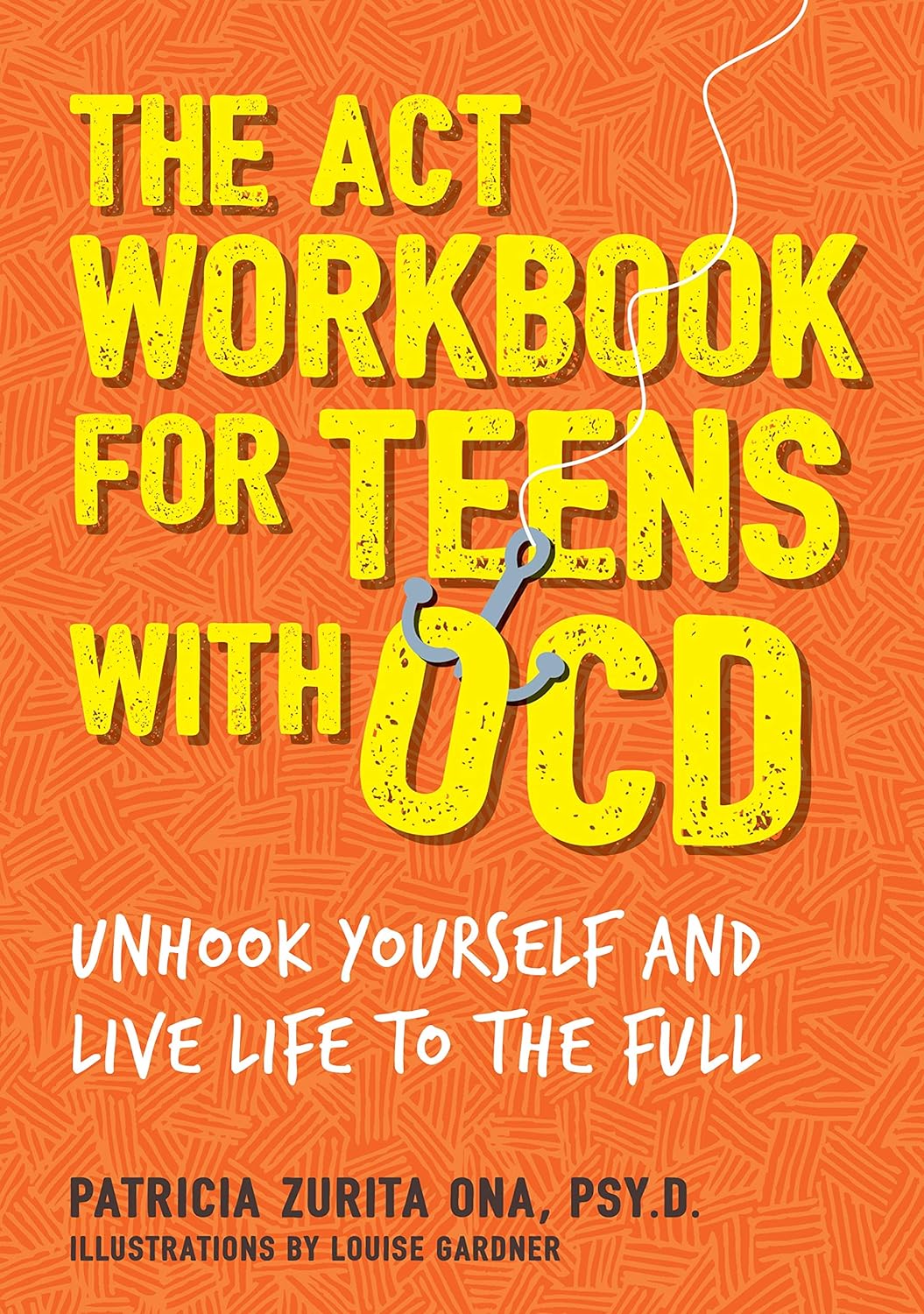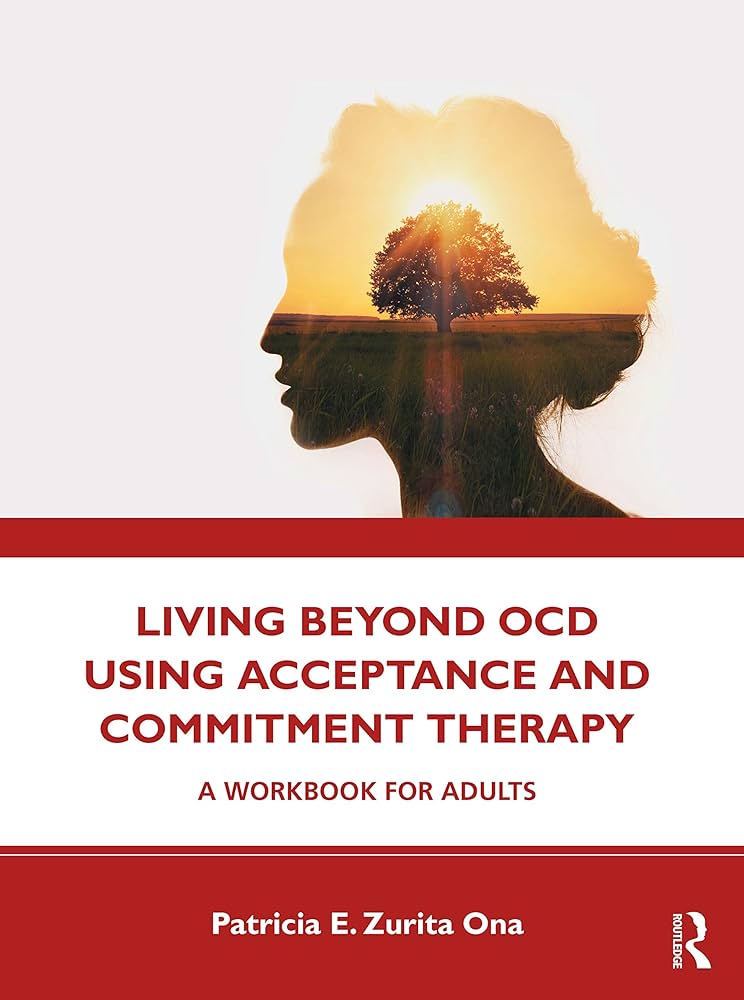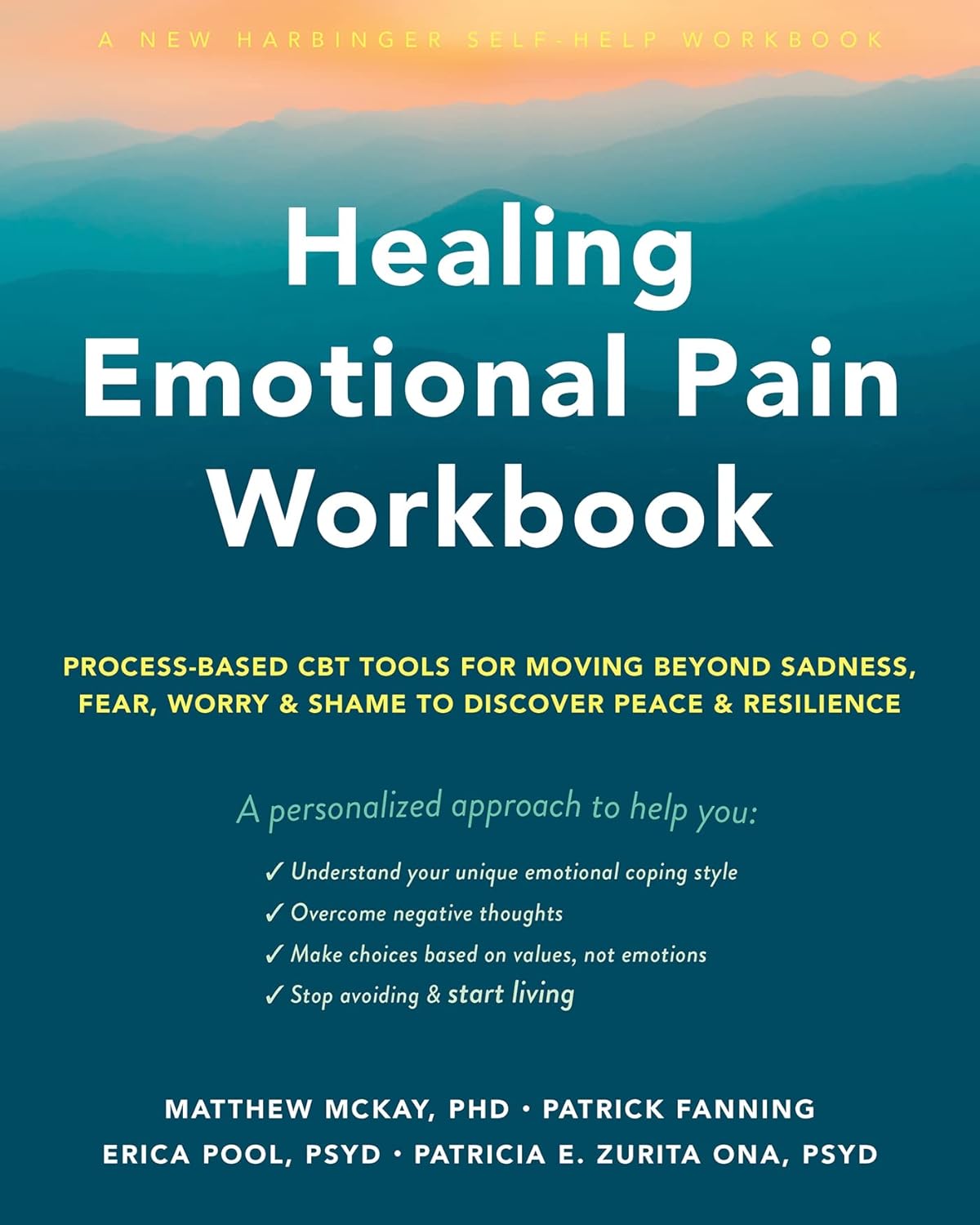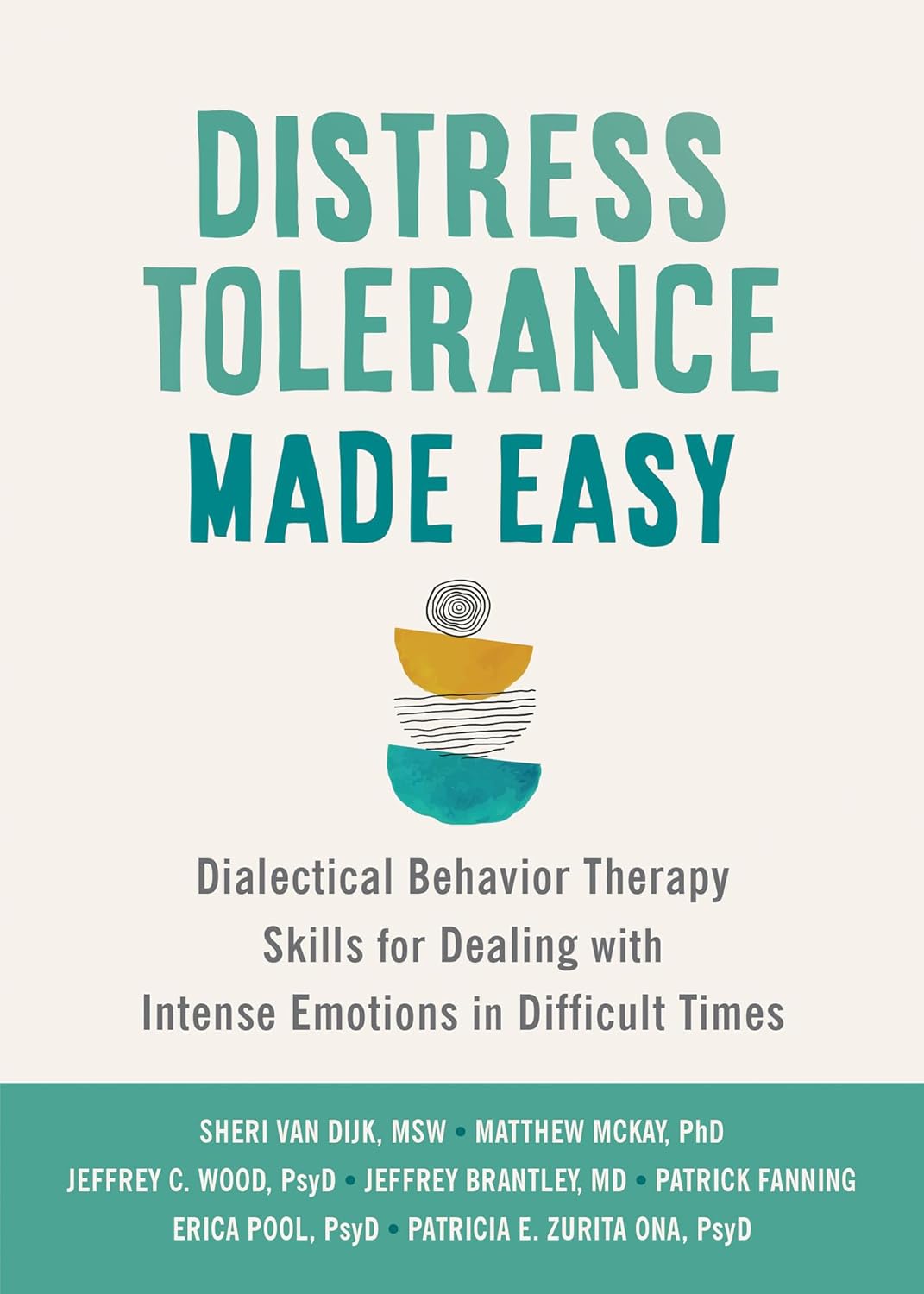FREQUENTLY ASKED QUESTIONS
questions
Questions about treatment recommendations after intake
treatment recs
Q: I just had my intake appointment, now what?
A: Your intake clinician will put together a treatment recommendation tailored to you or your teen/child’s individual needs. Our treatment recommendations include diagnosis, specific interventions, frequency of visits, stages of treatment, monitoring of treatment, medication management and other referrals, if appropriate. You will receive your treatment recommendations after one week of the completion of the intake.
Q: How often should I come in?
A: Your therapist will provide you with specific recommendations about the frequency of your sessions based on the findings from the clinical intakes. As soon as you receive your treatment recommendations, we encourage you to book appointments online at least one month in advance. Most of our clients receive intensive and concentrated treatments between 13-15 hours a week; other clients come to our center two or three times a week, and others on a weekly basis; again, how often you come to our center depends of the treatment goals and findings of the intake appointment.
Q: Can I book a session right after the appointment?
A: We request you wait until you receive your treatment plan to book sessions given that only after completing the intake and reviewing all the collected data and results of the clinical interview can we make sure that we’ll be able to provide you with the therapy services you or your child/teen needs.
Q: Can my kid come once a week if the treatment recommendation states that he should come twice?
A: This is a clinical matter and is taken in consideration client by client based on the findings of the clinical intakes; while the model of weekly therapy is effective, it will take several months or years for some clients to make the gains they hope to. We consider clients’ current struggles when making recommendations about how often a client should to come to our center. We understand the logistical matters and are open to considering other options that don’t compromise the quality of the clinical service we strive to deliver to our clients.
Q: What is the purpose of parenting coaching sessions?
A: When working with children and adolescents we request parental or caregivers’ involvement because the research in pediatric treatments has been very consistent in demonstrating how parental involvement augments treatment outcomes. In some cases we recommend parent coaching sessions once a month, other times every other week, but all our parent coaching sessions are skills-based.
Q: Should I bring my kid to the parent coaching session?
A: This is a clinical matter to discuss with your primary therapist. For the most part parent coaching is without the teen or the kid; however, if joint sessions are necessary, this will be discussed with your primary therapist.
Q: What if I cannot commit to the specific treatment recommendations or frequency of visits stated in the treatment recommendations?
A: This is a clinical matter and is considered on a case-by-case basis; please keep in mind that when we send our treatment recommendations we do our best to recommend you with a treatment that will address, in a targeted manner, your or your children/teen’s therapy needs. Of course, we’re more than happy to discuss these recommendations with you and clarify any questions you may have about them.
Q: How long can I expect treatment to take?
A: The length of treatment varies client to client; based on the treatment recommendations you receive, you will have a sense of the tentative length of treatment.
Q: Should I wait to work with a licensed clinician, or go with a postdoc available sooner?
A: All postdoctoral fellow or behavioral coaches are working under the supervision of licensed clinicians and meet on a regular basis for supervision, consultation and didactic training. The supervisor in charge is very familiar with the clinical caseload of a postdoctoral fellow.
Q: Do I have to have the behavioral coaching sessions?
A: If appropriate, we do recommend some sessions with behavioral coaches who deliver specific treatments and are working under the supervision of a licensed clinician.
Q: Do I have to book every session, or can I have a standing appointment time?
A: In order to save time and avoid playing phone tag with clients we have an online scheduling system in the website. We encourage you to book your appointments a minimum of a month in advance but preferably longer than that so you can have continuity in your treatment. We do not offer standing-appointment times at this point.
Questions about medication
medications
We are specialized therapy center in empirically-supported cognitive-behavioral treatments and we’re not qualified to prescribe medication. However, if appropriate, we do often collaborate with very well established psychiatrists, pediatric neurologists, and general practitioners in the area and provide you with proper referrals and different options for you to consider.
Questions about intensive outpatient program
IOP
Q: Can I complete 15 hours of IOP while going to school or work?
A: The 15-hours of intensive Our Intensive Outpatient Program can be structured around your schedule so you don’t miss much school or work.
Sometimes, clients request to structure their intensive treatment in 4 days, or even 3 days, which is doable, but we do require 45-days of notice to organize our schedule.
However, as much as we want to accommodate your schedule, if OCD or anxiety are significantly affecting your life, we encourage you to focus on your treatment, long-term benefits, and getting your life back even if that means missing 4 weeks of work or working half time or leaving school early.
Q: How soon will I see results?
A: We track your progress weekly using standardized assessments and behavioral markers; we discuss the results with you to make the necessary adjustments to your treatment.
As treatment progresses, you will see the benefits of it, though how soon you will see the benefits it varies from client to client.
Q: What kind of group therapy do you offer for IOP?
A: We don’t offer group therapy at this point for OCD and anxiety-related conditions because our program is focused primarily on individual clients; we would rather deliver targeted and concentrated treatments at this point.
Questions about billing and invoicing
billing & invoicing
Q: Can I receive a full refund if I cancel the intake prior to 48 hours before the appointment?
A: We can issue a refund for the appointment minus a 3% fee to process the cancellation.
Q: What is the fee for a last minute cancellation?
A: If you miss an appointment or cancel at the last minute, with less than 48 hours notice, the cancellation fee is the regular cost of the appointment.
Q: When can I expect receipts for my appointments?
A: Invoices/Superbills will be sent to you by email between the 1st – 3rd of every month.
Q: Can I pay for the sessions using my credit card?
A: At our center, only licensed clinicians accept credit cards; our post-doctoral fellows or behavioral coaches accept checks or cash.
Q: How do I submit receipts to my insurance?
A: Please speak directly to your insurance company regarding this, the receipts we send to you should have all of the information and coding you will need to submit. If you need additional information, please email our intake coordinator, Maggie, at intakes@eastbaybehaviortherapycenter.com
Q: Can I prepay for my sessions?
A: Yes, you’re more than welcome to prepay for your sessions; some of our clients prefer that option. Please be aware that even when you prepay your sessions, you will still receive invoices from the 1st to the 3rd of every month. So for example, if you prepay your sessions for the month of October, you will receive your invoice between the 1st and 3rd of November.
Q: How do we pay for IOP treatment?
A: Clients are charged one week in advance for treatment in order to hold their spot in the program.
Online courses
Home-study programs
You can learn actionable, compassionate and research-based skills from the comfort of your own home and at your pace.
Each online class includes high-quality videos, worksheets, and audio-recorded exercises.

LEARN MORE

LEARN MORE

LEARN MORE

LEARN MORE

LEARN MORE

LEAN MORE
Why our clients love working with us
testimonials
How to start working with us
get unstuck
Figure out what's really keeping you stuck and struggling by having a comprehensive intake session.
We work with children, teens, and adults and do our best to get you back into your life!



Subscribe to our monthly newsletter "playing-it-safe"
get actionable skills
What if most of the chaos in your mind goes to the background by learning research-based life skills and getting clear about what matters to you?
925.956.4636
intakes@eastbaybehaviortherapycenter.com
Address
45 Quail Court, Suite 204
Walnut Creek, Ca 94596
Follow us
